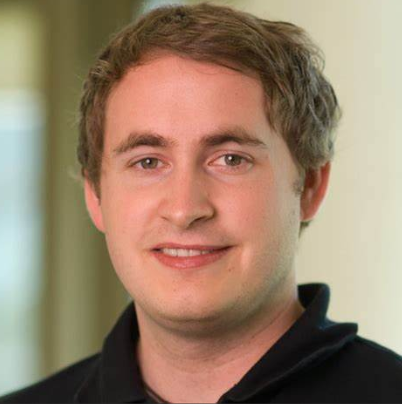

Tobias Meissner
Cancer Genomics Manager, Avera Cancer Institute (USA)
Dr. Meissner is an experienced leader and scientist specializing in cancer genomics, bioinformatics, biomedical data science, and precision oncology. He has a proven track record of leading innovative research projects, developing advanced analytical algorithms, and integrating multi-omics data with real-world evidence to improve cancer care.
At the Avera Cancer Institute, Dr. Meissner leads a multidisciplinary team of data scientists, research scientists, bioinformaticians, statisticians, and research analysts. His work focuses on harmonizing clinical, genomic, and outcomes data to support precision medicine initiatives, enhance real-world evidence research, and improve patient outcomes. Additionally, his team facilitates the Molecular Tumor Board, providing expert genomic interpretation and data-driven insights to guide individualized cancer treatment decisions.
Dr. Meissner holds faculty positions as an Adjunct Associate Professor of Statistics at South Dakota State University and Clinical Assistant Professor at the University of South Dakota Sanford School of Medicine, where he mentors students and residents in biomedical data science and oncology research.
He earned his PhD in Internal Medicine from Heidelberg University, Germany, after completing a Diploma (BSc) in Bioinformatics at the University of Applied Sciences, Bingen. His postdoctoral research at Heidelberg University Hospital and The Scripps Research Institute focused on individualized cancer diagnostics, conducting prospective data analysis in n-of-1 sequencing settings and integrating multi-omics data to guide individualized cancer treatments. His work involved leveraging molecular tumor profiling to identify targeted therapies by analyzing aberrant gene expression, tumor mutations, and dysregulated pathways.
Passionate about innovation, collaboration, and the application of translational technologies in cancer research, he is committed to advancing individualized cancer treatment and precision oncology.

